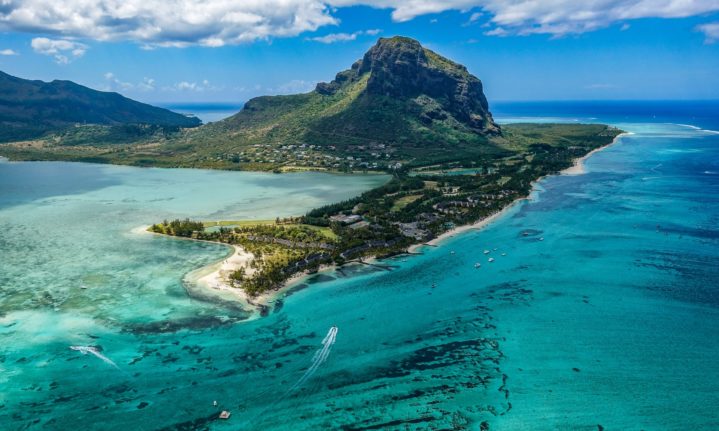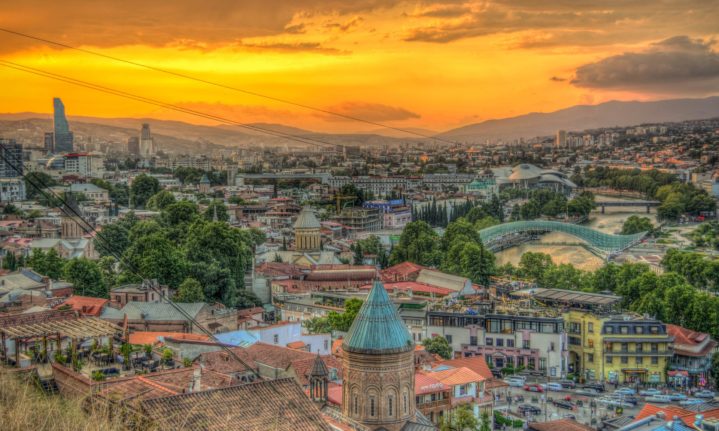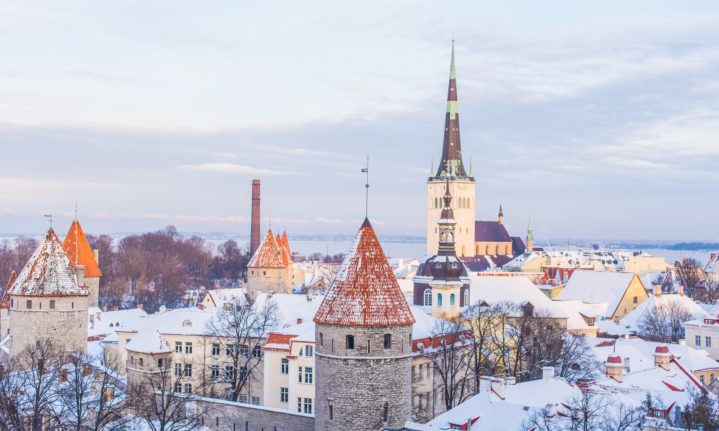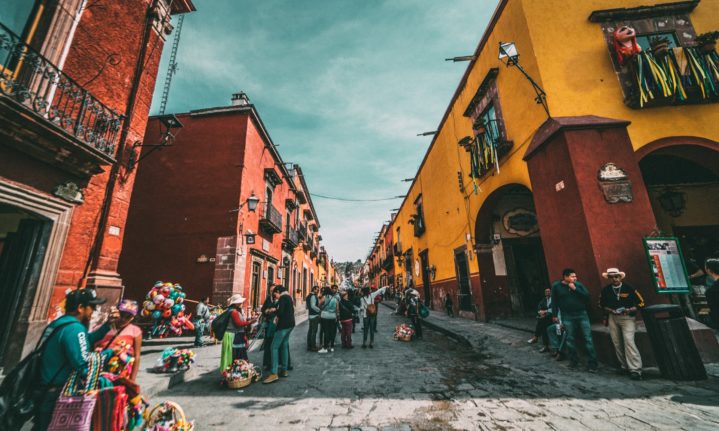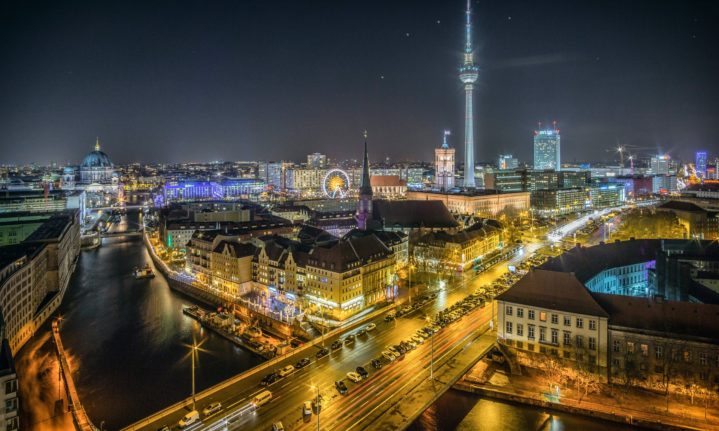One beneficial outcome of the COVID-19 pandemic is that many businesses and countries are embracing the concept of remote working. Over the last few months, many countries have introduced remote working or ‘digital nomad’ visas to encourage people visiting their country to stay a while longer.
If you’re considering a change of scenery and have a job that allows you to work from home, you can work from almost anywhere in the world for the perfect workcation.
These countries offer a digital nomad visa, which means South Africans can live there on a working visa provided they have a remote job outside of that country.
Note: Each country’s travel regulations differ and we recommend you contact their embassy directly for more information.
Georgia

Georgia is one of the most recent countries to announce it will implement a digital nomad visa. Freelancers or those who are self-employed can apply for the special visa if they plan to stay for 6 months or longer. The visa requirements do say you need travel insurance for this time but other than that, there are no restrictions.
Also Read: The 15 best Recruitment Agencies in Johannesburg
Estonia

Estonia also recently introduced a specific digital nomad visa to encourage foreigners to stay longer in the country. Their programme will allow international visitors who have jobs that allow for remote work to apply, especially if they are in the fields of technology, finance or marketing.
At the moment, those who apply have to undergo a thorough background check to prove they are really digital nomads, with a steady income and employment. A number of 1,800 people will be for eligible the visa per year. Those who apply can be approved for either short or long term stays.
Costa Rica

Costa Rica has the Rentista visa which allows nomads to stay in the country for up to two years with the option to extend after. Much like Bermuda, this visa was set up as a smaller investment programme for the country. To qualify, you need proof of a minimum of $2,500 (around R42,000) per month in steady income.
Norway
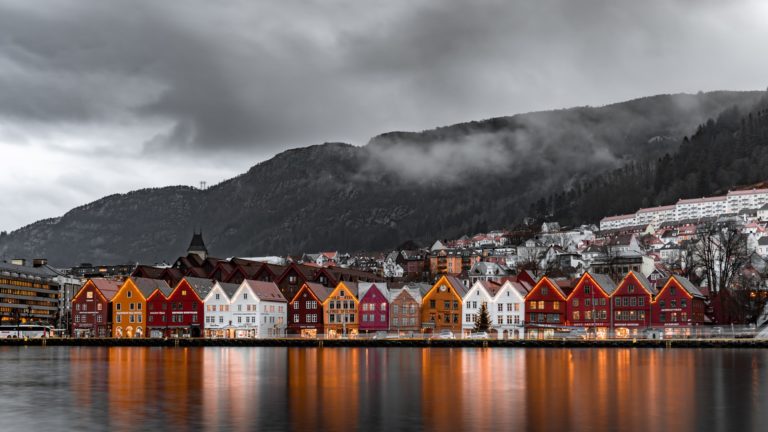
This is an interesting digital nomad visa because it applies to a specific location and has no limit. Those wanting to live in Norway can apply as long as they are planning to live and work in Svalbard, an archipelago between Norway mainland and the North Pole. This isn’t your standard work-from-the-beach situation and is likely to be more attractive to those who are more adventurous. The area has 24-hour darkness for three months of the year and has extremely low temperatures.
To qualify, you just have to prove you have enough income to support yourself.
Bermuda

Bermuda has also recently joined this group in an effort to encourage longer stays and therefore more capital investment in their island. The country has taken a knock since travel slowed down and have found that offering a digital nomad visa would encourage people to invest in the country by paying for accommodation and their livelihood without taking away jobs from locals.
To qualify for this visa, you have to be over 18, be of ‘good character’ and provide proof of employment and health insurance. Students are also welcome to apply and have to prove they are enrolled in research, undergraduate, graduate or doctorate studies.
Mexico
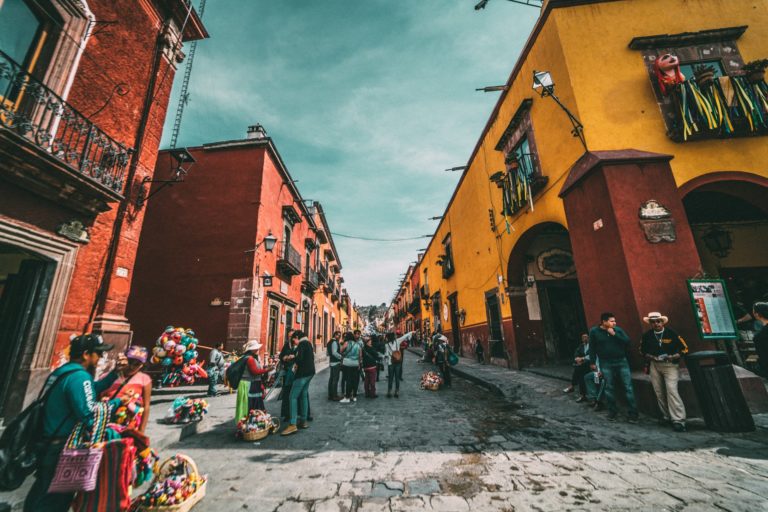
Mexico offers a temporary resident visa which means you can live and work in the country for a year, with the possibility to renew for three years. The benefit of Mexico is that they have no restrictions on what jobs you can be doing as a freelancer or remote worker, rather you have to prove that you have a monthly income of over $1,620 (around R27,00) for six months before your application and a bank balance over $27,000 (around R450,000).
Portugal

The D7 Passive Income visa lets those with the required income stay in the country for a year. The visa can be extended two years at a time up to five years before you have to apply for permanent residency. This visa isn’t just for digital nomads but for anyone who can prove they have the required, sustained passive income.
Those applying have to open a bank account in Portugal, prove they have long-term accommodation and a health insurance policy.
Czech Republic

The Czech Republic has a long term visa on offer for those who wish to stay for a year in the country. The requirements to qualify include having accommodation sorted before arrival and a criminal history record from your country of origin. You also have to prove you have the subsistence minimum for this period as determined by the Czech government which amounts to around R80,000.
Germany

Germany is well-known for it’s special ‘freelance visa’ which allows freelancers to work in the country for up to three years. It is a process to get approved however, as the local tax office has to consider your freelance job ‘liberal’ instead of commercial. In addition, once you qualify and live in Germany, you will have to pay taxes to their government.
There is also a specific artist visa which only applies to those who are artists and want to work in Berlin. Whether you are considered for this visa will be up to the case manager who handles it.
Spain

Under Spain’s new law, individuals working remotely for foreign companies will be able to reside in the country without needing a full work visa. The digital nomad visa particularly targets foreign citizens who are not part of the European Economic Area. Individuals with EU passports may work remotely in Spain for a maximum of six months a year without official registration. Spain’s digital nomad visa will last one year, and pending a renewal application can be extended for another two years.
Greece

Following the worldwide trend, authorities in Greece have passed a new law permitting digital nomad visas. Applications must be submitted to the Greek consular authority of the place of chosen residence, and may include family members in their application. The application must include supporting documentation that proves that the applicant is not engaged in any business activity in Greece – this includes family members. Applicants are also required to provide evidence of a steady income, no less than 3500 euros monthly. The visa can last 12 months or longer.
France

Whilst France is not offering a digital nomad per se, they do allow freelancers to work in France without being obliged to find a sponsor for the self-employment visa, provided they apply for the profession liberale visa. To qualify for this visa, individuals must be able to provide proof that they earn at least €1,540 per month. The visa lasts 12 months.
Croatia

Like many of the places on this list, Croatia has lots to offer digital nomads. Whilst you cannot apply for the permit unless you are in the country, you can visit up to three months without needing a visa from many countries in the world, during which you must apply for their digital nomad visa. It is valid up for a year and may be renewed should you decide to do so. Individuals applying for this visa must provide proof of a monthly income of approximately HRK 16,907.50.
Malta

Malta hopped on the bandwagon and launched its Nomad Residence permit in June 2021, which permits travellers to work whilst living in the country, provided they earn at least €2,700 per month. This visa lasts up to one year and can be renewed at the discretion of the Malta authorities, and meeting specific requirements.
Malta also launched its Nomad Residence Permits in June 2021, which permits travellers to work while living in the country.
Mauritius
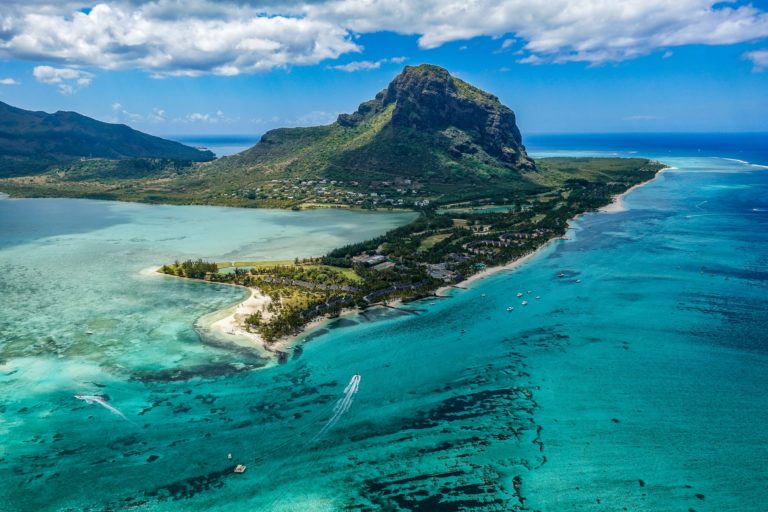
Mauritius Premium Travel Visa, also known as Mauritius Digital Nomad Visa, gives remote workers the opportunity to live on a subtropical island in the Indian Ocean. This visa can be obtained for free, provided you have sufficient travel and health insurance, and can provide proof of income. This visa lasts up to one year, and enables you to leave and enter Mauritius as you please – subject to quarantine protocols. To obtain this visa, your source of employment must be outside the country; you are not allowed to partake in the Mauritius economic market. You must earn a minimum of USD 1500 per month.
Iceland

Iceland offers long-term visas for remote workers, if they are from a country outside the European Economic Area, and they do not intend to reside in Iceland down the line. Foreign nationals who are employed by a foreign company or are self-employed are eligible to apply. This visa can be valid for up to 180 days. Individuals are required to provide proof of income not below ISK 1000 per month.
Barbados

To boost its economy, Barbados has opened its borders to remote workers. To reside in Barbados and work remotely, you are required to apply for the Barbados Welcome Stamp; a visa that lasts 12 months. In addition to application fees, applicants are to provide proof of income of a minimum of USD 7200 per month. The visa can be renewed upon completion, pending approval.
Dubai

Dubai launched a virtual working program that allows remote workers to live and work in Dubai for one year. Their requirements are stricter than other places on this list, but they offer numerous benefits which perhaps outweigh that, such as telecoms, utilities and schooling. In essence, you will have access to all standard facilities to which residents are entitled to. Individuals are required to have health insurance approved by the United Arab Emirates, as well as a passport older than 6 months. In addition, applicants must submit three months worth of bank statements to prove that they have a minimum income of USD 5000.
Pictures: Unsplash
ALSO READ













